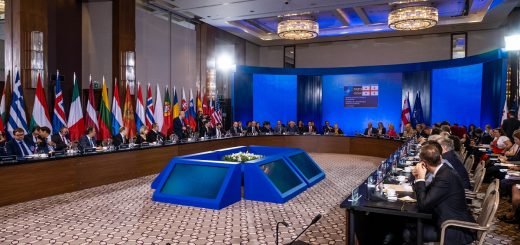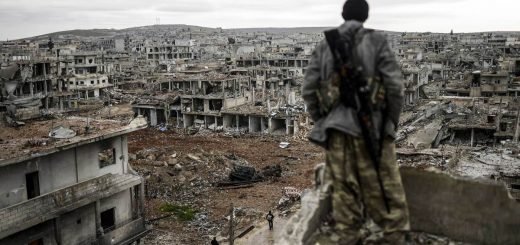For Libya, changing times have proven worse. But was it any better before?
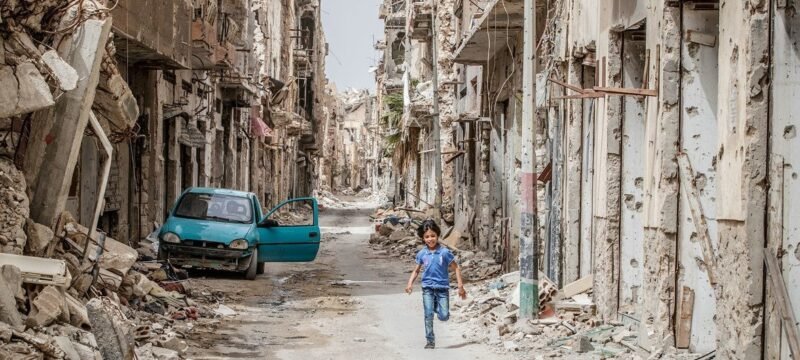
Not many people from this generation recall Libya as one of the richest states in North Africa, at least in terms of economic development. A lot of the younger generation mostly recalls the horrific visuals from Libya as the state fell like many of its Arab counterparts as the Arab Spring gripped it, and one last scene of Gaddafi being dragged and shot point blank by one of the assailants in an angry mob out to seek blood. Libya did not enjoy good relations with the west and its leader, an unhinged person at that, was known for promoting terrorism.
Gaddafi was perhaps just another one of the older tyrants from the cold war era that had to be disposed of in a new era under the unipolar United States. The cost and the collateral least of concern.
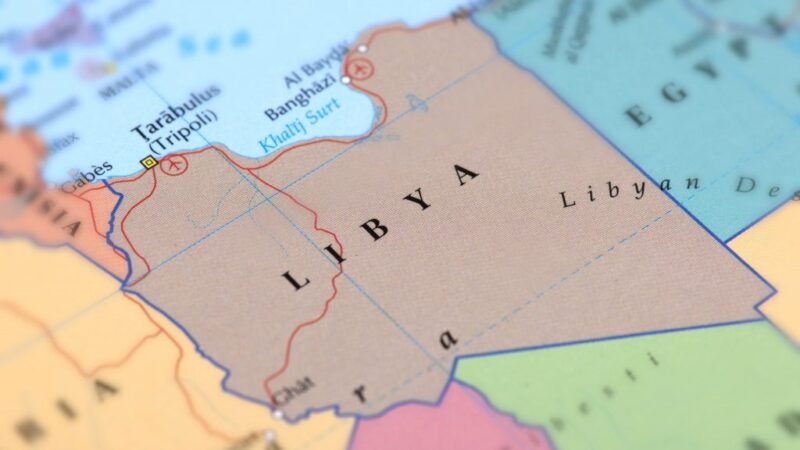
Before him, Libya was ruled by a monarch, King Idris (1951-1969), “the first and the last king”, and it was King Idris’ time to which we may trace the origins of the contemporary timeline of Libya. Not all Libyan nationalists favoured him for they believed that he was simply replacing the erstwhile Italian masters with the British ones.
Idris, the Cyrenaican leader, was convinced that internal autonomy would be enough rather than full independence as fighting alongside the Britishers had led him to believe that Great Britain could hold the protectorate over Libya and direct the organization of its financial and military affairs until it reached a higher social and cultural level which was also one of the three minimum conditions he proposed to the British, the internal independence and the rule by a Muslim Emir being the other two. The Libya of the 1940s was different from the Libya Gaddafi would “inherit” after overthrowing Idris, with factionalism being rife, a problem that persisted well into the 21st century, and areas under French and British Control. And yet, Idris made a bid to control the whole of Libya. In 1943, the Omar Mukhtar Club, a group of Arab Nationalists, made their conviction clear: “Idris be recognized as the Emir of Cyrenaica.”
The United Libyan Kingdom was formed on 24 December 1951 under King Idris. But after Col Muammar Gaddafi seized power in the 1969 Libyan coup d’état carried out by the Free Unionist Officers Movement, a group of military officers led by him, only the coup date of the Al-Fatah Revolution in September was allowed to be marked. The self-proclaimed direct descendant of Mohammad, Idris, died in Cairo in 1983.
The name of Libya was changed several times during Gaddafi’s tenure as leader. From 1969 to 1977, the name was the Libyan Arab Republic. In 1977, the name was changed to Socialist People’s Libyan Arab Jamahiriya. Jamahiriya was a term coined by Gaddafi, usually translated as “state of the masses”.
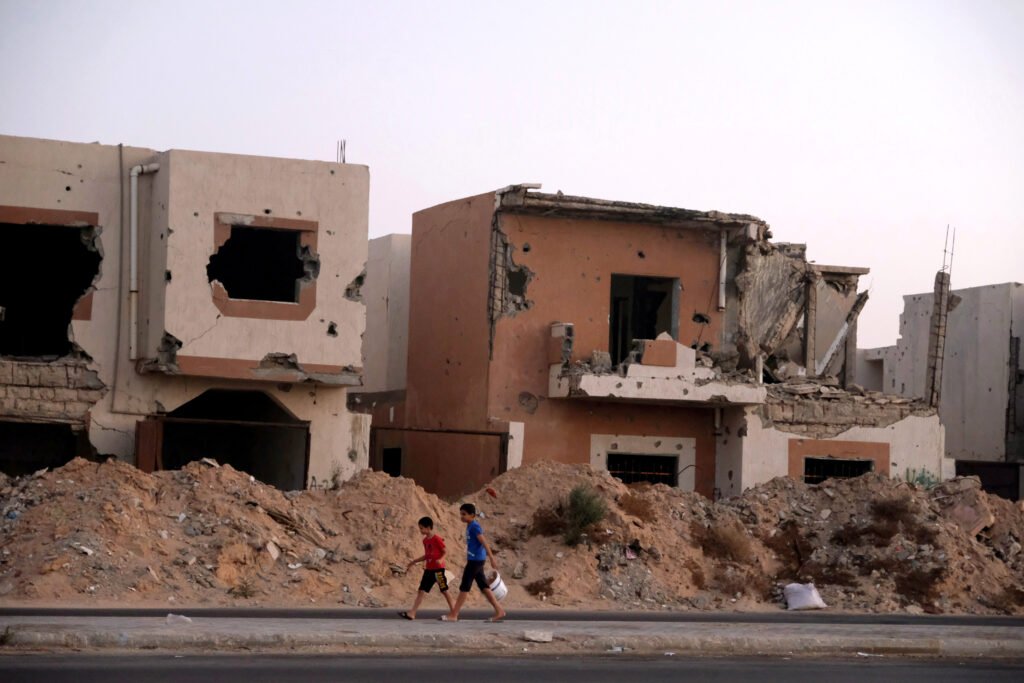
Gaddafi was a controversial leader. His leadership had its positives and negatives. Landlordship was banned, house purchases by every citizen were encouraged, and there were schemes and incentives on education, power, and maternity. Economic growth was good. With a population of only six million and annual oil revenues of US $32bn in 2010, Libya’s potential was huge. And yet, many Libyans didn’t feel like they had received their fair share in the prosperity, and the unemployment was estimated to be 30% or more. On the other hand, the Colonel was dictatorial and autocratic. He promoted his own book of “rules” which he’d want the citizens to idolize and preach in the conduct of civic affairs. During 4 decades in power, he invented his own system of government, supported radical armed groups as diverse as the IRA in Northern Ireland and the Abu Sayyaf in the Philippines, and presided over an arbitrary and brutal regime. He also had dissidents based abroad murdered. The December 1988 bombing of Pan Am flight 103 remained a stain on his rule and isolated his country from most of the world.
The uprising that eventually overthrew him started in February 2011 in Benghazi whose residents he mistrusted throughout his rule. The protests spread across the country and anti-Gaddafi forces established a provisional government based in Benghazi, called the National Transitional Council with the stated goal to overthrow the Gaddafi government in Tripoli. NATO’s bombing helped the rebels advance against the state forces and the remaining loyalists.
Supported by the USA, U.K., and the rest of the west, regime change was very much favoured and a lot of politicians preached about a better future. In one such instance, Secretary of State Hillary Clinton hailed “Libya’s victory” during a visit to Tripoli in late 2011 but fighters loyal to Muammar Gaddafi were still holding out in his hometown, underscoring the challenges facing the country’s new leaders. The so-called future with each passing year only seemed to contradict everything. Libya changed, but for the worse. The transition was not smooth after all.
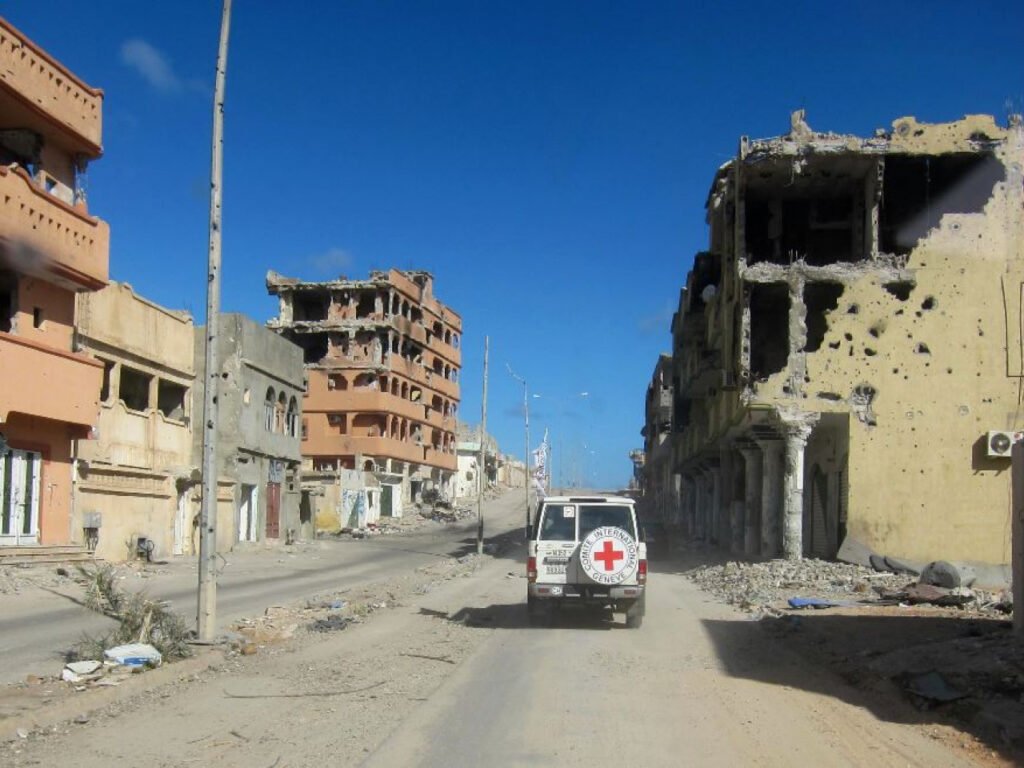
Gaddafi’s prophecy seemingly materialized as the truth as the revolution overthrew the country into chaos with several factions, foreign powers, and tribal militias vying for control over the Libyan Land and Oil.
Two centres of power immediately mobilized in the aftermath, one from Tripoli and the other from Tobruk. The south of the country fell to Tribal factions completely. North West of the country came under some semblance of control under the UN. Gleaming areas like Sirte to the north fell to Islamic Radicals like the Islamic State that held the area until 2016. Radical proxies like the Muslim Brotherhood backed by Turkey and Qatar found a foothold in Libya. Terrorism and Slave Trade became rife. Incomes plummeted and the civilians became poorer than ever before. General Khalifa Haftar’s campaign displaced some 500,000 civilians.
In the west, suspiciously enough, 11 billion Euros went missing from the frozen accounts of Gaddafi’s family in Euroclear bank, brought under the lens of Belgian authorities.
The west hardly put any effort into reconstruction or reconciliation. Nothing short of abundance. After U.S. Ambassador Chris Stevens was killed in 2012 in Benghazi, the rest of the international community too seemingly abandoned Libya.
In 2016 Barack Obama expressed his disappointment with the European efforts following Gadaffi’s fall. Former French president Nicholas Sarkozy was embroiled in accusations that he had taken campaign money from Gaddafi for his 2007 election.
In 2020, an estimated 2.5m people had been most affected by the crisis, with 1.3m people having the most severe needs and requiring humanitarian assistance.
In 2021, the small town of Bani Walid still mourned the loss of Gaddafi and the loss of security and sovereignty. The very same year, Gaddafi’s son Saif Al-Islam Gaddafi announced that he was contesting the elections.
The political situation in the country is still very volatile. Political groups often clash resulting in casualties. Factions try to control different parts of the country independently. The incumbent Prime Minister, Abdul Hamid Dbeibah, refused to step down and failed to hold elections in December 2021. On 27th August 2022, according to a UN report, political violence broke out in the country leaving at least 42 people dead and nearly 160 injured with some 50 families reportedly displaced, and five health centres and two migrant detention centres damaged.
The country remains in ruins with no end to the crisis in sight.
Sources:
https://link.springer.com/chapter/10.1007/978-1-349-22633-7_4
https://www.nytimes.com/1983/05/26/obituaries/king-idris-ousted-in-69-by-qaddafi-dies-in-cairo.html
https://www.bbc.com/news/world-africa-12532929
https://www.reuters.com/article/us-libya-idUSTRE79F1FK20111018
https://guides.library.cornell.edu/arab_spring/libya
https://eurasiantimes.com/frozen-accounts-gaddafi-euroclear-belgium/
https://www.bbc.com/news/world-africa-59280215
https://news.un.org/en/story/2022/08/1125812



